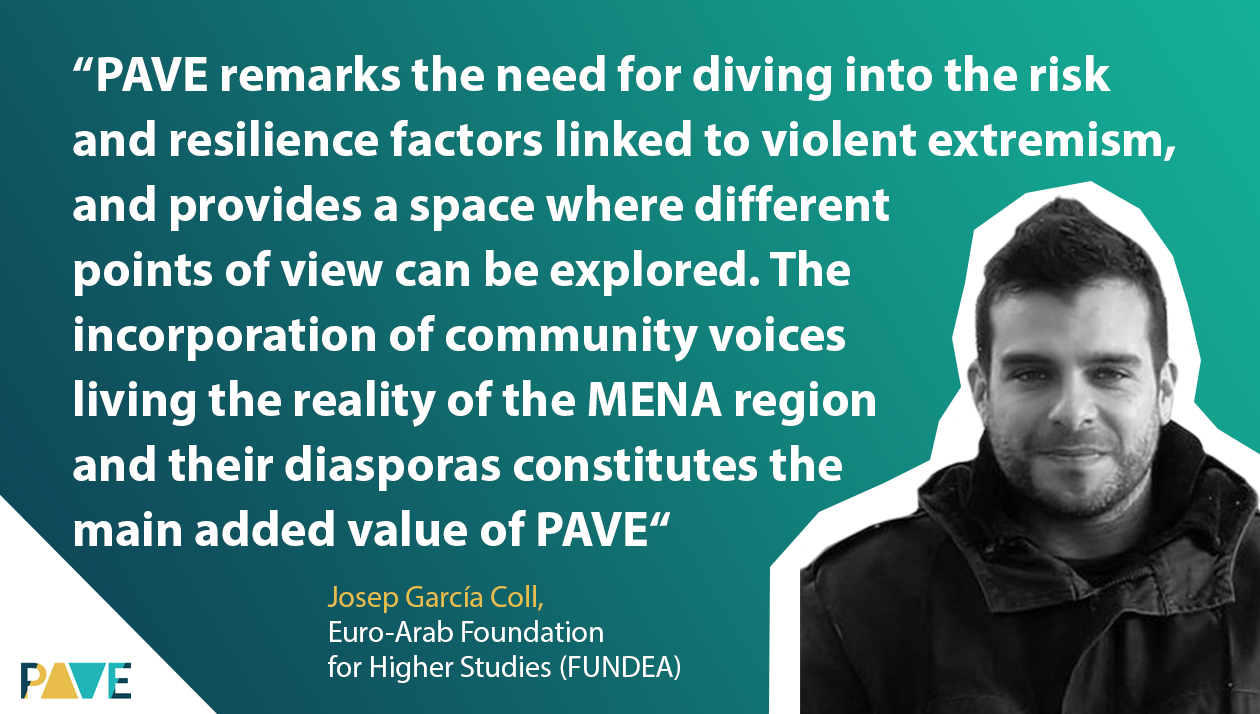Cross-Thematic Regional Meeting covering Middle East and North Africa organized in Istanbul
Istanbul, November 09, 2021: Against the framework of the PAVE research and implementation of the proposed fieldwork plans, the project team organized a one-day cross-thematic regional meeting covering the Middle East and North Africa region.
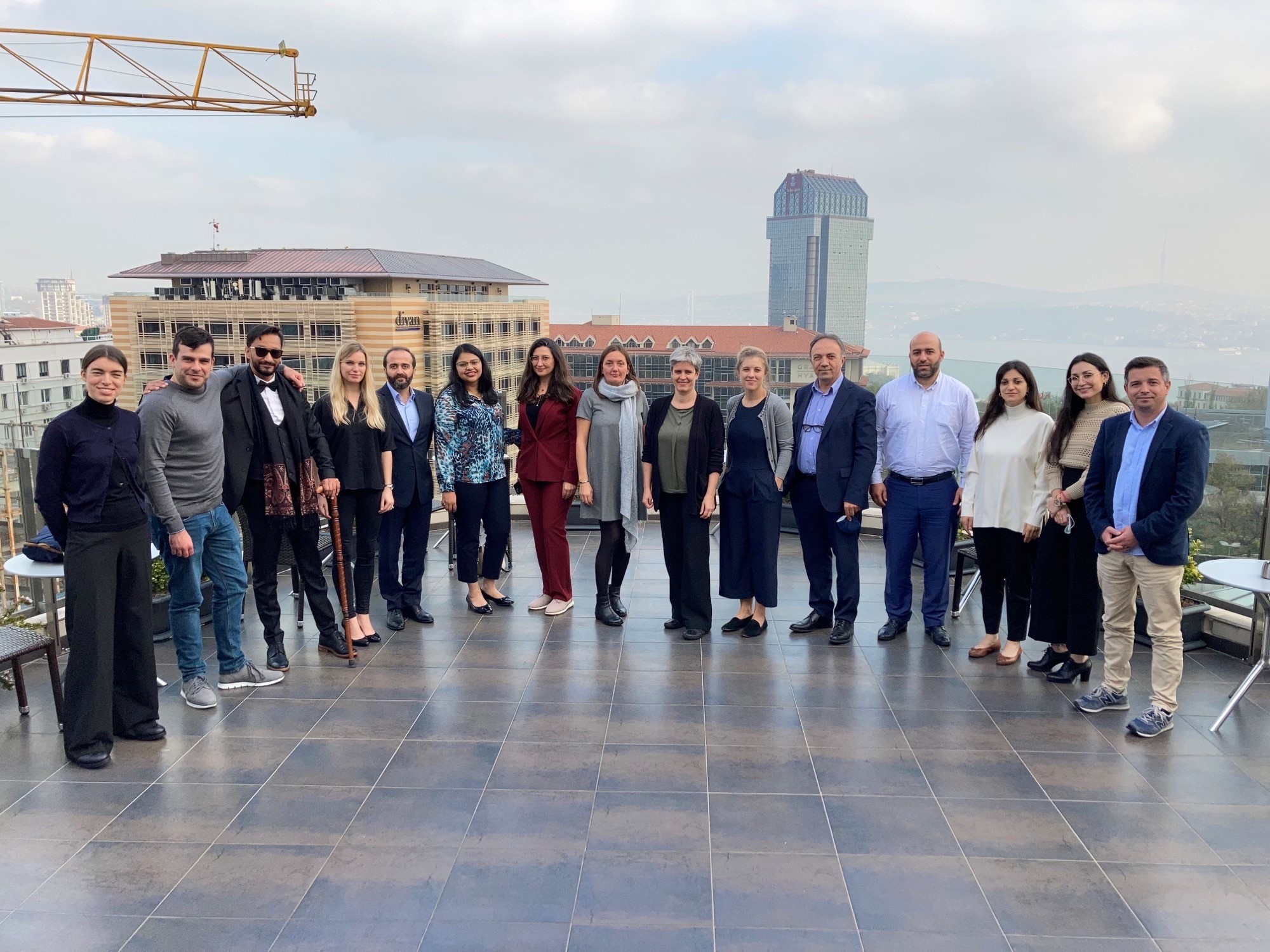
Research teams presented their key empirical findings, along with conceptual implications along the two main axes of the PAVE project: community vulnerability and community resilience towards violent extremism. Additionally, presentations also touched upon cross-cutting topics related to the gender aspect, including transitional dynamics related to Work Package 6 (WP6).
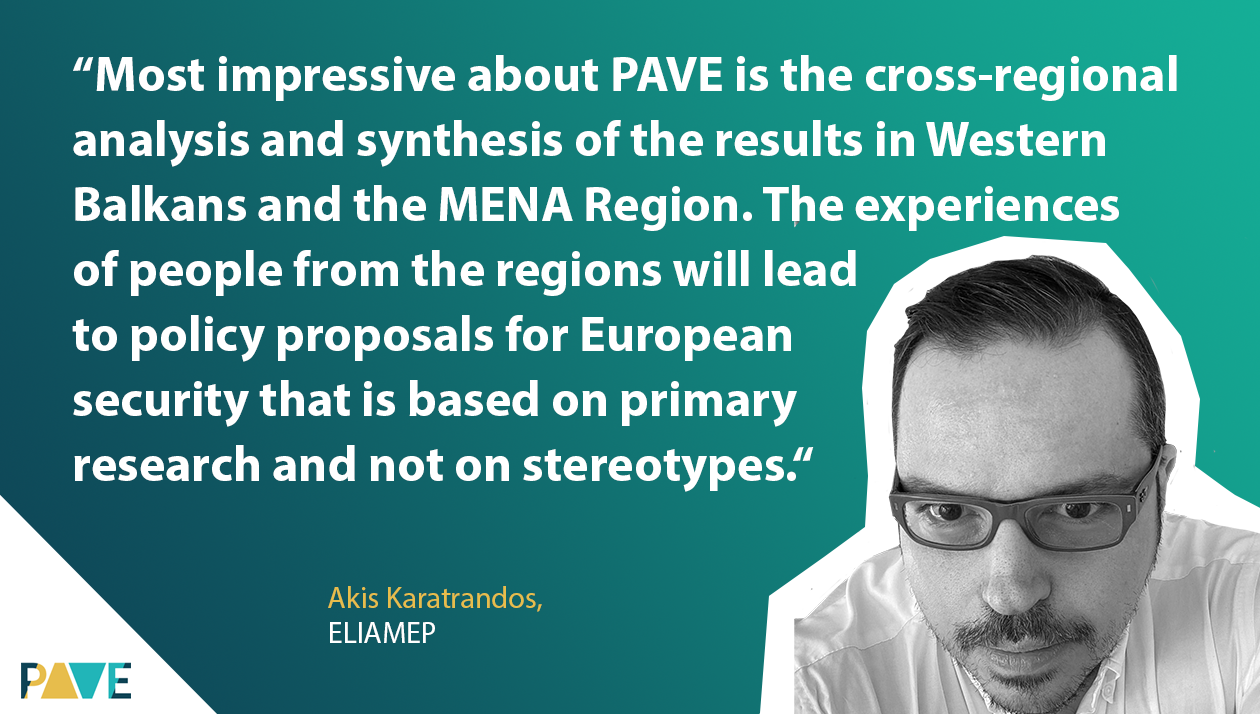
Through the comparative analysis, research teams were able to reflect on similarities and differences across the cases. While discussing the cases of Iraq, Lebanon and Tunisia, participants drew upon the preconceived ideas related to violent extremism in the region, discussing how it is seen as a “strictly Sunni phenomenon” while also discussing the cumulative exercise of marginalization and exclusion of certain sectarian/confessional/ethnic groups that eventually culminates into resentment and frustration towards the “other”. In the case of Tunisia, grievances are typically directed towards the former colonizer—an aspect that is absent in both Iraq and Lebanon. For the latter two cases, the prevalence of sectarianism is especially similar such that the ruling elite intstrumentalize sectarian/confessional/ethnic sentiments in order to mobilize the general public around the regimes’ interests. And while this is seen as a religious factor behind violent extremism at face value, both Iraq and Lebanon demonstrate that sectarian/confessional/ethnic affiliations do not have any intrinsic value in themselves.
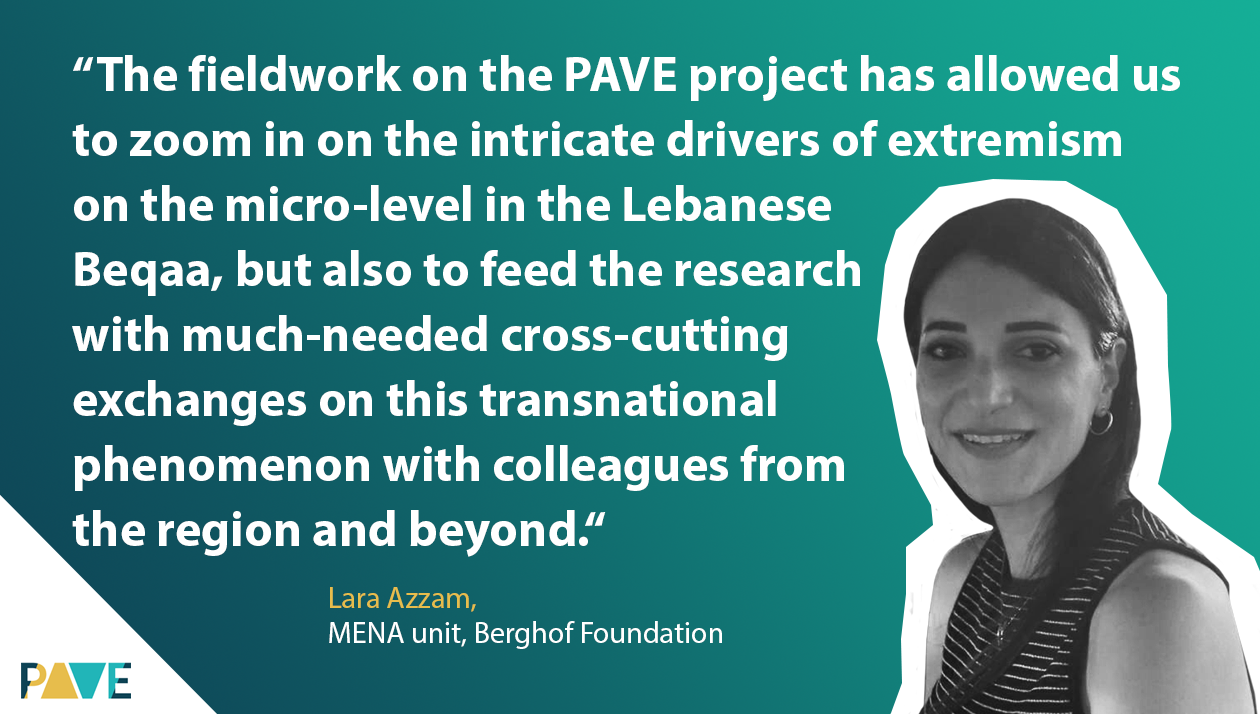
It is also worth noting that education and the role of critical thinking as factors contributing to community resilience were discussed in each of the different cases presented. In the cases of Lebanon, Iraq and Tunisia, a decline in education—especially among the countries’ youth—has resulted in a return to violent extremism and a return to identity politics in general. It is worth noting that context specificity is especially important during the framework of this research as the same factors can sometimes be seen as drivers for community resilience in some cases and drivers for community vulnerability in others.
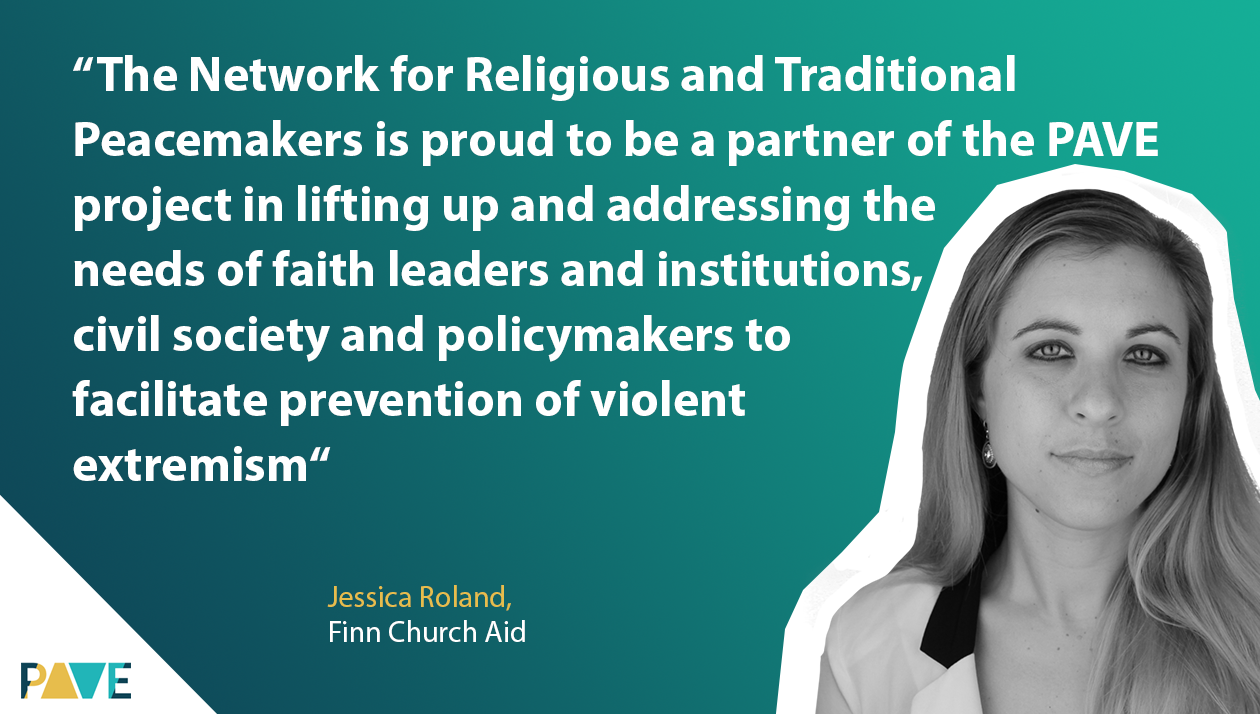
Finally towards the end of the meeting, researchers discussed identifying and including recommendations on preventing but also countering violent extremism with a focus on community resilience and enhancing cooperation between civil society/local communities with government structures.
